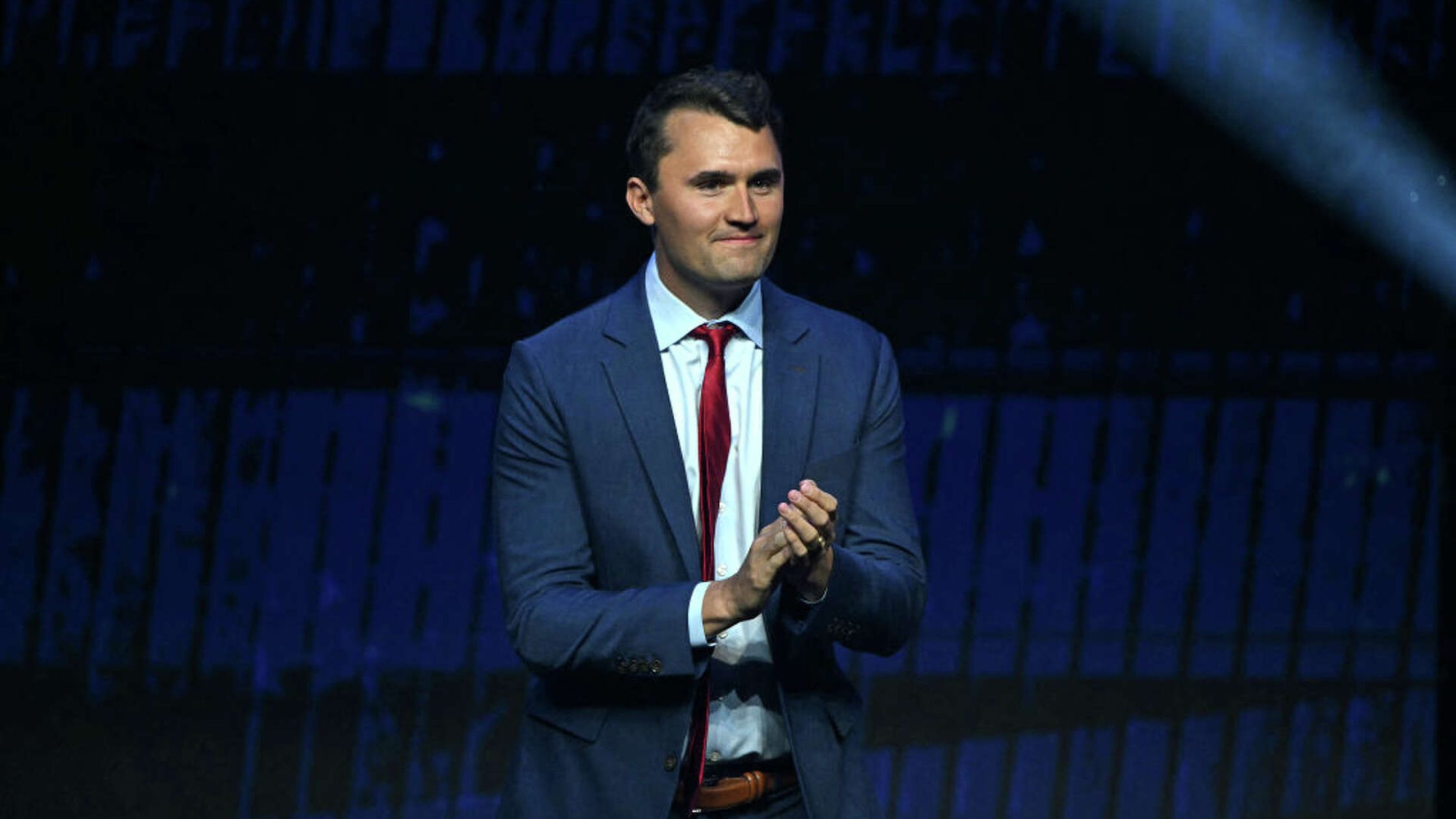Why did Charlie Kirk’s Turning Point USA fail to catch fire in Britain?
While the American conservative activist became a household name rallying young conservatives stateside, his UK expansion fizzled almost as soon as it launched, leaving political watchers scratching their heads and wondering if celebrity-driven movements ever truly transfer across the Atlantic.
Why Turning Point’s UK Dream Died Before It Lived
Turning Point UK was supposed to be the crown jewel in Charlie Kirk’s transatlantic activism empire. Launched with fanfare typical of a stateside influencer’s product drop, it promised to energize young Brits the way TPUSA did for American college students: relentless social media engagement, campus crusades, and a brand of populist conservatism tailor-made for viral moments. The reality? The group never came close to igniting the same spark. Within months of launch, local leaders quit, funding dried up, and media coverage dwindled from curiosity to quiet exit.
It’s not just that Kirk’s mix of Trump-era bravado and collegiate outrage fell flat. The UK political ecosystem simply didn’t respond to the imported style. British conservatism, even among the young, remains stiffer, less populist, and far more wary of American-style celebrity activism. While Kirk’s social media clout earned headlines, it never translated into grassroots momentum, as UK students showed little appetite for the kinds of culture war showdowns that powered TPUSA’s growth.
Culture Clash vs. Celebrity Cachet
Kirk’s model relies on an unmistakably American alchemy: celebrity, confrontation, and the endless churn of online outrage. But in the UK, where political youth movements lean more toward policy debate than protest theater, Kirk’s star power hit a wall. Local organizers reportedly found the TPUK playbook too combative, too focused on performative clashes over substantive engagement. The result was a movement that looked flashy on Instagram but failed to plant roots in lecture halls or union meetings.
Contrast that with Kirk’s American journey, where campuses became battlegrounds for his brand of conservative disruption. In the UK, universities have their own traditions of activism, often rooted in centuries-old student unions and less tolerant of parachuted-in American campaigns. Meanwhile, British media—no strangers to political pageantry—shrugged off TPUK as a passing novelty rather than a serious force.
The Future of Transatlantic Activism
Kirk’s UK experiment reveals a hard truth for media-savvy activists: fame doesn’t always travel, even in the age of TikTok and tweets. Movements that thrive on controversy and celebrity in one country can vanish without a trace in another, no matter the social media hype. For those hoping to export American-style political energy, the lesson is clear. Building a movement takes more than viral moments and influencer appeal—it requires a genuine connection to local culture, institutions, and the unglamorous work of long-term organizing.
In the end, Turning Point UK’s flame-out is less about Charlie Kirk and more about the limits of celebrity in politics. Even the most magnetic figures can’t guarantee a movement’s survival when the cultural soil just won’t take the seed. As activists and operatives plot their next global campaigns, they’d do well to remember: crossing the pond is easy, but planting roots is far harder.


